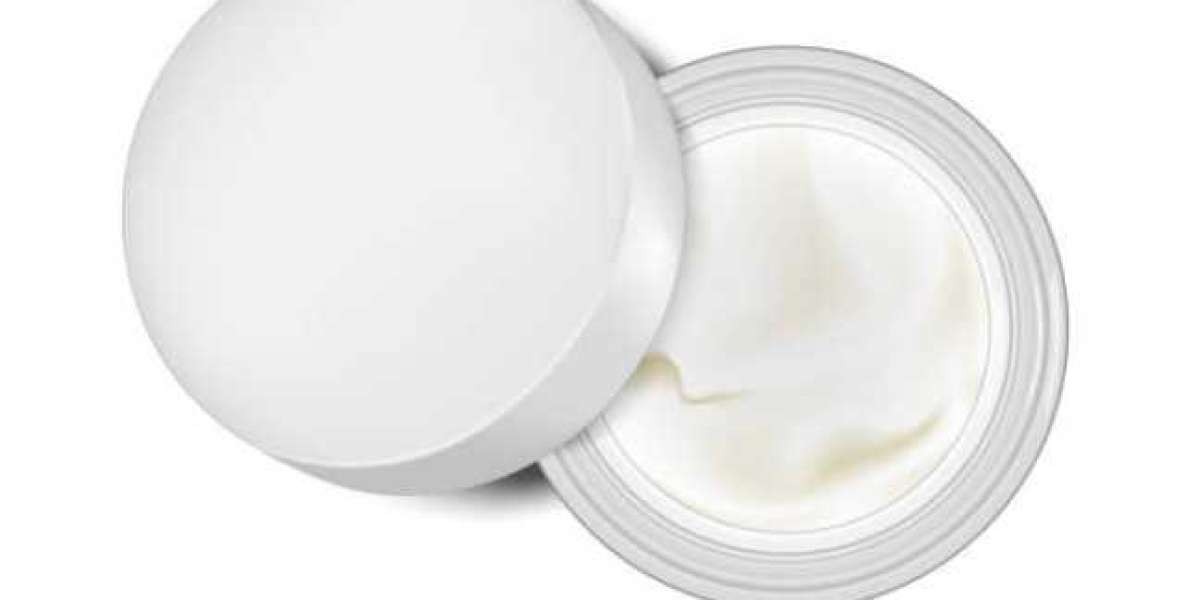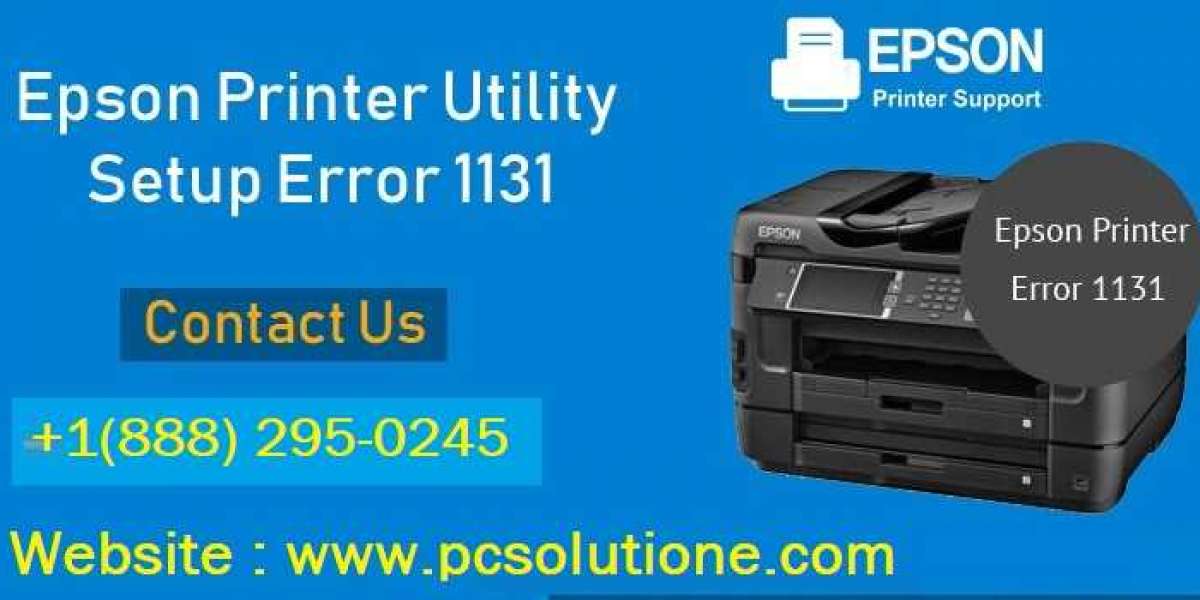The Vein Doctor
Your vein docotor is ideally an MD or DO that has completed specialty training in the management of spider and varicose veins. Formal training is obtained during a vascular residency or fellowship that includes supervised training in vascular procedures. In general, these specialists have a background in vascular surgery, interventional radiology or interventional cardiology. With board-certification, these physicians have a demonstrated proficiency that meets the highest standards of the profession.
Some vein doctors have an alternate background with no previous specialty training in vascular procedures. These vein doctors include specialists from pain management, internal medicine, and even OB/GYN. The alternate route for training involves industry sponsored courses that do not compare to the breadth of exposure or years of training needed to become experts in vascular management. While many of these physicians have crafted their practices to specialize in spider and varicose vein treatment, the professional experience and training is not uniform.
In this article, we break down the 3 categories of vein doctors providing spider and varicose vein treatment:
Vascular Surgeon
Vein Specialist
Phlebologist
Vascular Surgeons:
Vascular surgeons have traditionally been the standard care-takers of spider and varicose vein disease. However, this evolved over the last decade with the replacement of surgical procedures (vein stripping) by minimally-invasive techniques including laser treatment for spider veins, RF vein ablation and foam sclerotherapy. With the growth of non-surigcal treatments, the practice of vein medicine expanded beyond vascular surgeons to meet the needs of an increasing population. However, vascular surgeons still standout among vein doctors because of the breadth of their training and wider set of skills to deal with both simple and complex vein disease. Vascular surgeons complete 5 years of general surgery training followed by 2 years of sub-specialty training in vascular medicine. Board-certification is awarded after completion of the training program and a demonstration of proficiency in practice and examination.
Why a Vascular Surgeon:
Board-certified vascular surgeons complete intensive supervised training in vein and arterial disease management. No other specialty offers the level of training for vascular disease.
Best-suited to manage both simple and complex vein disease due to breadth of training
Experts in both pre and post-procedure management of venous disease, especially advanced stages (CEAP 3–6)
Maintain hospital privileges for vascular medicine (Hospital accreditation for vascular medicine is based on board-certifications in ABMS-only recognized specialties)
Be Mindful:
Vein stripping is not the gold-standard of on how to get rid of varicose veins in 2020. Be certain, your vascular surgeon is comfortable with minimally-invasive techniques.
Phlebologists:
Phlebologists are a diverse group of physicians from various specialties, including non-vascular doctors. A phlebologist is referred to as someone specializing in varicose vein disease, however the designation remains loose. Phlebology and its board-certification (ABVLM) are not a recognized speciality by the American Board of Medical Specialties (ABMS) due to the absence of any formal training programs or standards. The ABVLM is simply a written test and does not include a rigorous standard to judge procedural experience or competence. Phlebologists without training in either vascular surgery, cardiology or interventional radiology should not be automatically assumed as vascular specialists. Nonetheless, many physicians from non-vascular backgrounds will use this status for marketing purposes.
Need to Consider
Phlebologists should be evaluated for backgrounds in ABMS recognized specialties such as interventional cardiology or vascular surgery
A written examination is not enough certainty on the procedural skills needed to manage spider and varicose vein disease
Does the phlebologist have hospital privileges to perform similar procedures? Hospitals maintain strict credentialing for physicians to perform procedures. Be sure to ask if your vein doctor has credentials.
Vein Specialist:
Similar to phlebologists, physicians referred to as vein specialist also have various backgrounds. It’s important to note whether or not that experience includes an ABMS recognized board-certification in either: invasive cardiology, vascular surgery or interventional radiology. And while modern varicose vein treatments no longer mean surgery, the expectation of a safe and successful outcome still depends on experience.
Why A Vein Specialist?
Select a vein specialist with ABMS board-certification in either vascular surgery, invasive cardiology or interventional radiology
Interventional specialties possess unique skills for minimally-invasive techniques learned during rigorous training programs
Who Is The Best Vein Doctor By Specialty?
If you are suffering from the symptoms of vein disease, an early evaluation is appropriate. Choosing the right vein doctor begins with an ABMS board-certified vascular specialist with a focus on varicose vein disease.
Vascular surgeons are no longer the only providers at vein clinics, however considering the significant amount of experience and skill needed, we recommend you consult only physicians who have completed formal training in vascular procedures.
article source: https://varicoseveinsnewjersey.home.blog/2020/09/18/find-the-right-vein-specialist/







